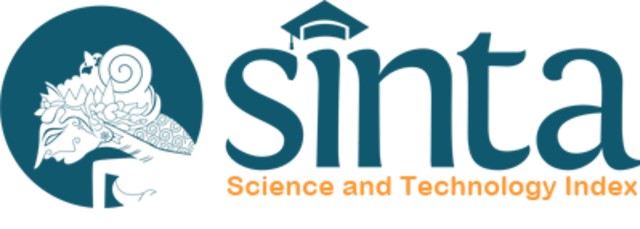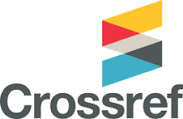The Effect of Interaction and Website Environment Qualities Towards E-Loyalty: A Case Study of Online Hotel Booking in Indonesia and Thailand
Abstract
Online hotel booking is a method of renting a place through the internet. Today, people are becoming users of online rental properties as a necessity and lifestyle. Indonesia and Thailand as tourist destinations indicates a large population that have potential for the online property rental business. This study will analyze the effect of interaction quality, website environment quality that have an impact on customer loyalty toward this product. In this study, data was collected by a questionnaire that has been given, the authors used Structural Equation Modeling - Partial Least Square (SmartPLS) for analysis method. This method is used to determine the number of online hotel booking users so that it will be seen how the effect of interaction quality and website environment quality has an impact on e-Loyalty. In both countries, the quality of interaction has a positive and significant effect on e-loyalty. The coefficient value of the interaction quality parameter in the Indonesian model has a value of 0.544. The results of the significance test showed that the website environment quality variable had a positive and significant effect in both countries with T-statistical test results > 1.96 and P-values less than 0.05. This study examines the direct relationship between the interaction quality and website environment quality variables on e-Loyalty. This research can be additional knowledge related to the determinants of loyalty found in online businesses. In addition, the research also provides a new picture of the online lodging service business in two countries, namely Indonesia and Thailand
Downloads
References
Chou, S., C. W. Chen, J. Y. Lin. 2015. Female online shoppers: Examining the media- ting roles of e-satisfaction and e-trust on e-loyalty development. Internet Research 25 (4): 542–61. doi:10.1108/IntR-01-2014-0006.
Hadian, Ihsan. 2017. AirBnB Mulai Mengancam Bisnis Hotel Indonesia. https://katadata. co.id/amalhadian/digital/5e9a56304cbd0/airbnb-mulai-mengancam-bisnis-hotel-di-indonesia (26 Juni 2021).
Hur, Y., Ko, Y. J., & Valacich, J. 2011. A structural model of the relationships between sport website quality, e-satisfaction, and e-loyalty. Journal of sport management, 25(5), 458-473.
Joon Choi, B., & Sik Kim, H. 2013. The impact of outcome quality, interaction quality, and peer-to-peer quality on customer satisfac-tion with a hospital service. Managing Service Quality: An International Journal, 23(3), 188-204.
Kemp, S. 2021. Posts tagged southeastern asia, Data Reportal. https://datareportal.com/reports/ tag/Southeastern+Asia (20 Mei 2021).
Lu, W. 2017. Empirical research on customer satisfaction, trust and their interaction effect on e-loyalty. Journal of Interdisciplinary Mathematics, 20(6-7), 1419-1422.
Toufaily, E., Ricard, L., & Perrien, J. 2013. Customer loyalty to a commercial website: Descriptive meta-analysis of the empirical literature and proposal of an integrative model. Journal of Business Research, 66(9), 1436-1447.
Wells, J. D., Parboteeah, V., & Valacich, J. S. 2011. Online impulse buying: understanding the interplay between consumer impulsiveness and website quality. Journal of the Association for Information Systems, 12(1), 3.
Wibowo, H. A., & Wahid, F. 2019. The influences of website design on formation of E-Trust, E-Satisfaction and E-Loyalty of Buka-lapak.com consumers: Relationship marketing revisited. In 2019 International Conference on Organizational Innovation (ICOI 2019) (pp. 365-369). Atlantis Press.
Wu, H.-C., & Cheng, C.-C. 2013. A hierarchical model of service quality in the airline industry. Journal of Hospitality and Tourism Management, 20, 13-22.










